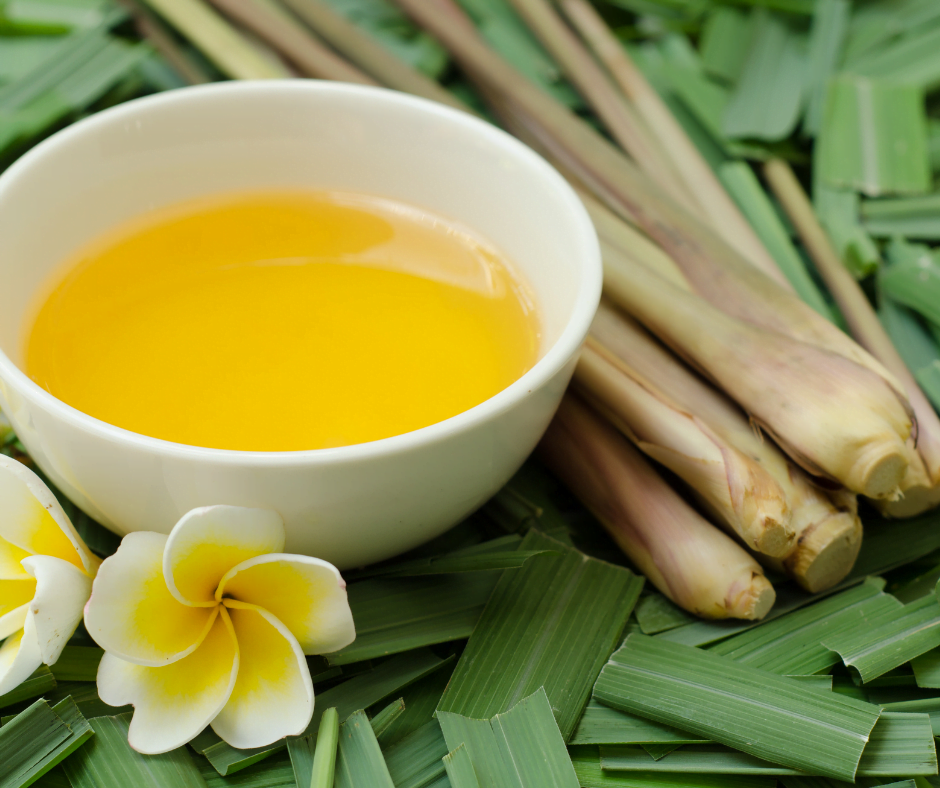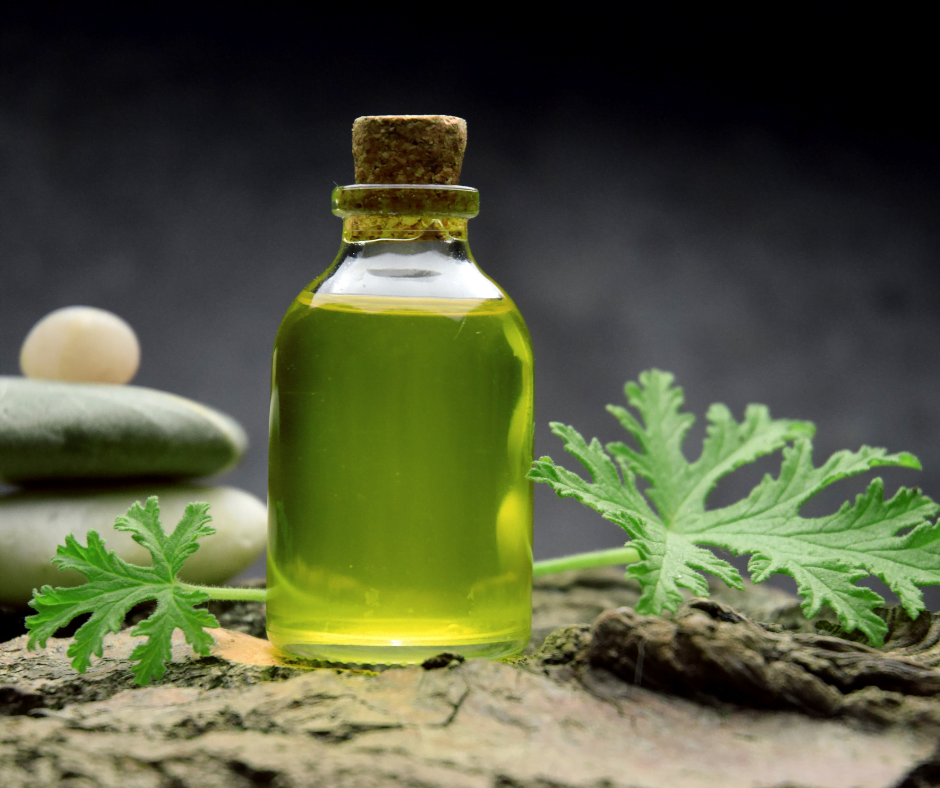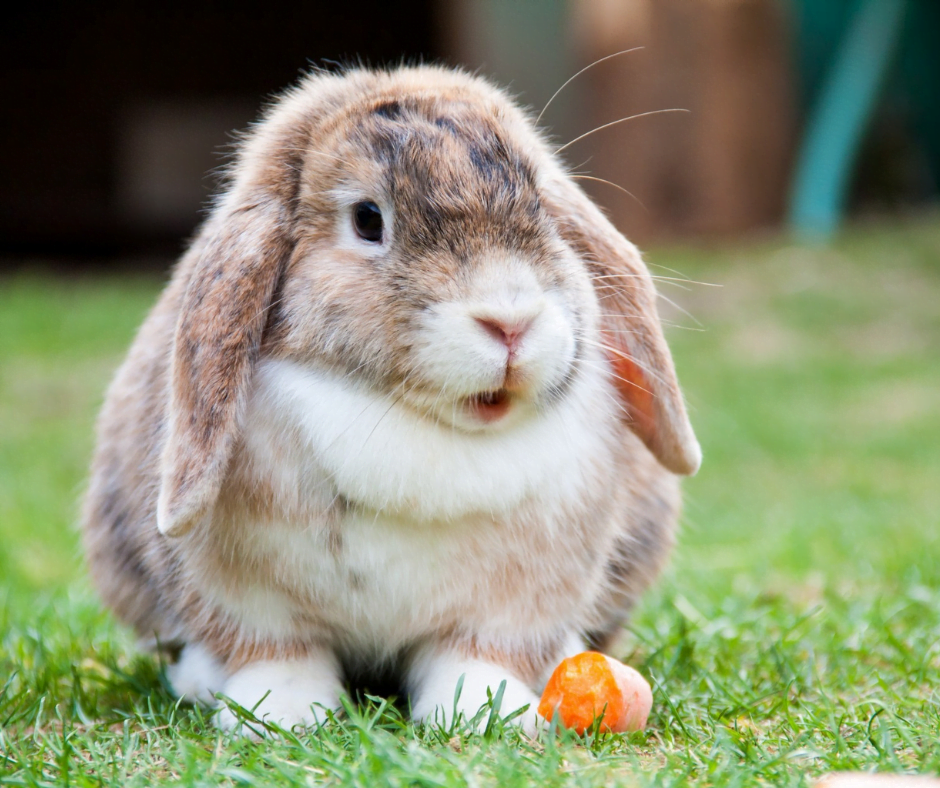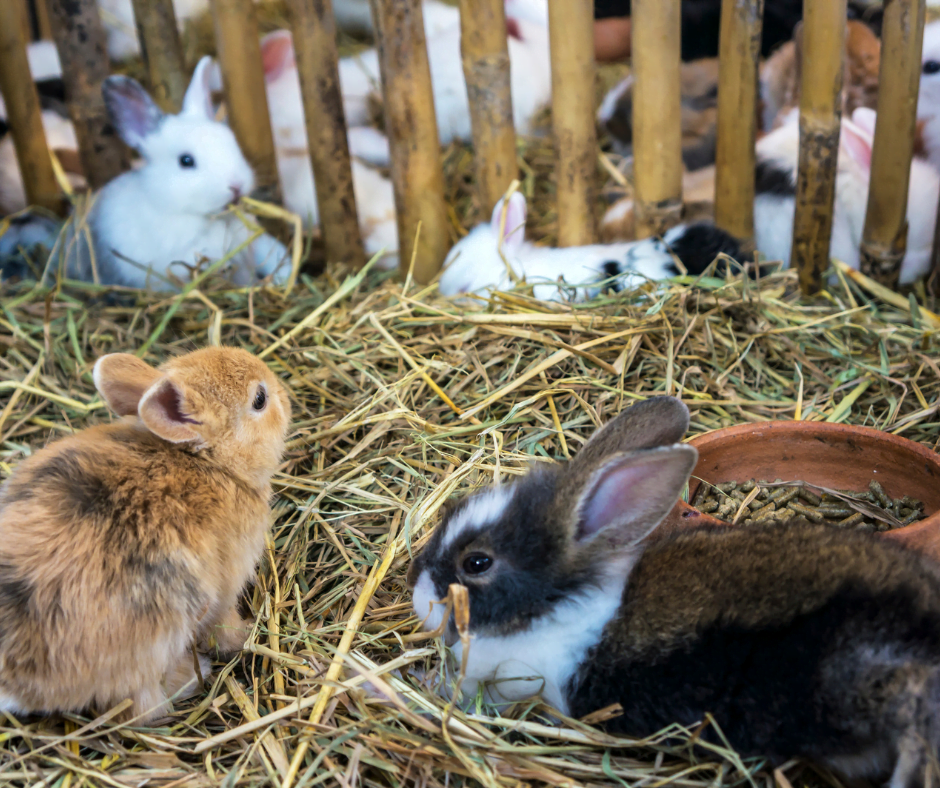Citronella is a popular herb used to repel pests or scent the air. It has a robust and lemony smell that many people find refreshing. However, citronella should be used with caution around rabbits.
While it is not inherently harmful to them, if they are exposed to it in high doses or for an extended period, it can cause them some health problems. If you use citronella to repel pests or scent your house, ensure the area is well-ventilated and keep your rabbits and other pets away from it.
The following article will explore citronella and its effects on rabbits in more detail. We will also review alternatives to Citronella that you can use.

What is Citronella?
Citronella is a perennial grass that grows up to six feet tall. It is native to Asia but is now grown all over the world. The essential oil of citronella is extracted from the leaves and stems of the plant.
This oil is used in many different products, such as:
- Insect repellents
- Candles
- Soaps
- Perfumes
- Room sprays
Citronella oil is also used in some pet shampoos and collars. It is thought to repel fleas, ticks, and other parasites.
The main chemical in citronella oil is citronellol. This substance can be toxic to rabbits if exposed to it in high concentrations.
Hold up! If you are interested to learn the safety of candles around your rabbits then we suggest you check out our article about keeping your rabbits safe around candles.
What are the benefits of using citronella?
Citronella oil is often used as an insect repellent. It is effective against mosquitoes, flies, and other flying insects.
The oil can also scent the air or as an ingredient in candles and soaps. Citronella oil has a fresh, lemony smell that many people find pleasant.
In addition, citronella oil is sometimes used in pet products, such as shampoos and collars. It is thought to repel fleas, ticks, and other parasites.

Is Citronella Harmful to Rabbits?
Citronellol is the main chemical in citronella oil that is toxic to rabbits. If they inhale citronella oil, it can cause them to have difficulty breathing. In severe cases, it can even be fatal.
Rabbits can also be harmed if they ingest citronellol. This can happen if they eat something treated with citronella oil, such as a candle or a piece of soap. Ingesting citronella oil can cause gastrointestinal upset and may lead to liver damage in large doses.
Citronella products should always be used with caution around rabbits. If you must use them, ensure the area is well-ventilated, and your rabbit does not have access to the product.
Contact your vet immediately if you think your rabbit has been exposed to citronella oil. They will be able to provide treatment and support.
Read Your Rabbits Behaviour
Rabbits are very good at hiding when they don’t feel well. So, knowing what is ‘normal’ for your rabbit is essential. This way, you can tell if something is wrong.
The following are some signs that your rabbit may be unwell:
- Lethargy
- Loss of appetite
- Weight loss
- Diarrhoea.
- Laboured breathing.
- Excessive thirst
If you notice any of these signs, contact your vet straight away. They will be able to provide treatment and support.

How to Protect Your Rabbit from Citronella
The best way to protect your rabbit from citronella is to avoid using products that contain it. If you must use such products, ensure the area is well-ventilated, and your rabbit does not have access to the product.
You can use citronella oils outside as these are well-ventilated conditions. You will still want to ensure that your little one is kept away from the Citronella and that it is kept out of reach of your rabbit.
Ensure all citronella oil is stored safely and out of your rabbit’s reach, as even small amounts can be dangerous. When burning these products, you also want to ensure that your rabbit is in a separate room or location.
Contact your vet immediately if you think your rabbit has been directly exposed to citronella oil and is showing discomfort. They will be able to provide treatment and support.

Consumption of Citronella Oil
If your rabbit ingests citronella, it may experience gastrointestinal upset, leading to liver damage if consumed in large quantities.
If you think that your rabbit has consumed citronella oil, contact your vet immediately, as they will be able to provide treatment and support.
Can rabbits eat Citronella?
No, rabbits should not eat citronella. If they ingest citronella oil, it can cause gastrointestinal upset and may lead to liver damage.
If you think that your rabbit has consumed citronella oil, contact your vet immediately, as they will be able to provide treatment and support.
Is Citronella Harmful to Other Pets?
While citronella is harmful to rabbits, it can also be toxic to other animals. If you must use products containing citronella, ensure the area is well-ventilated and that your other pets do not have access to the product.
Contact your vet immediately if you think your pet has been exposed to citronella oil. They will be able to provide treatment and support.
Alternatives to Citronella – Rabbit Safe Insect Repellents
There are many different ways to repel insects without using citronella products. Some safe and effective alternatives include:
- Fly strips
- Bug zappers
- Mosquito nets
- Natural repellents (e.g., lemon eucalyptus oil)
- Electronic pest repellers
If you must use an insect repellent, choose one from the list above or use citronella in the safe manner stated above. Apply it sparingly and only use it in well-ventilated areas away from your rabbits.
Final Thoughts
Citronella products can be harmful to rabbits if they are inhaled or ingested. If you must use such products, ensure the area is well-ventilated, and your rabbit does not have access to the product. Contact your vet immediately if you think your rabbit has been exposed to citronella oil. They will be able to provide treatment and support.
Citronella is a popular herb used to repel pests or scent the air. However, it should be used cautiously around rabbits as it can harm them. If you use it safely around your house, you will have no problems with your little bunny friends.


